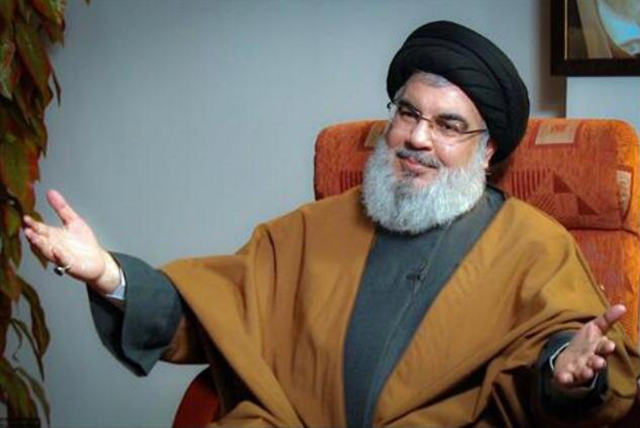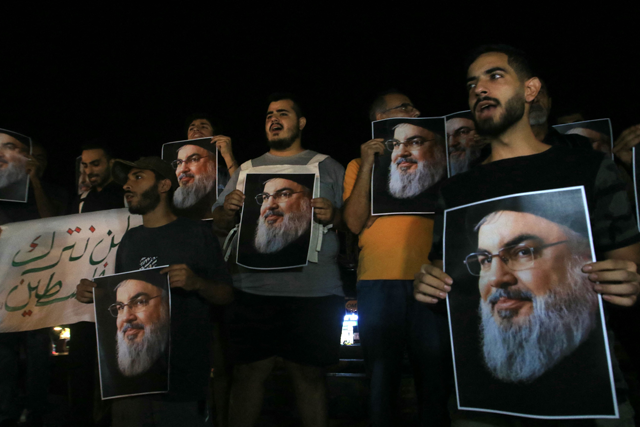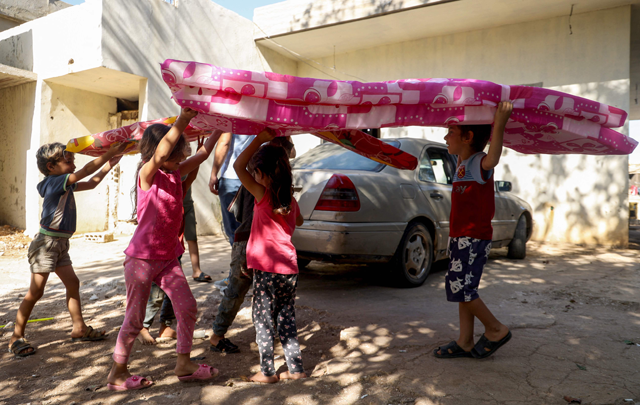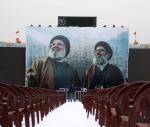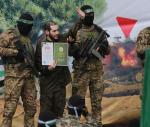You are here
Fearing Israeli strikes, residents flee south Beirut Hezbollah stronghold
By AFP - Aug 07,2024 - Last updated at Aug 07,2024
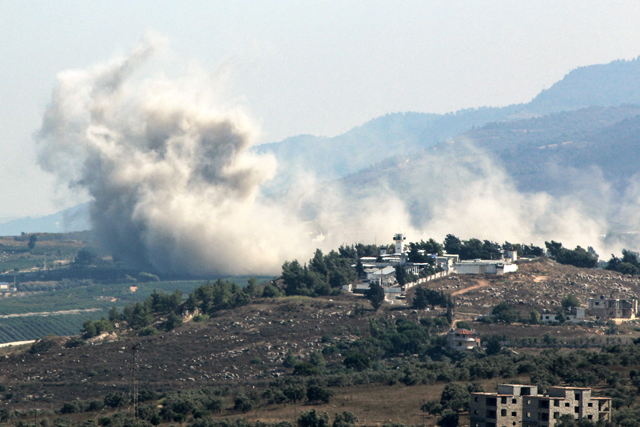
BEIRUT, Lebanon — Batoul and her family have been scrambling to secure housing outside Beirut's southern suburbs where an Israeli strike killed a senior Hizbollah commander last week, but spiking demand has sent prices soaring.
Many in the southern suburbs -- a packed residential area known as Dahiyeh which is also a Hizbollah bastion -- have been trying to leave, fearing full-blown war between the Iran-backed group and Israel in the wake of the commander's killing.
"We are with the resistance [Hizbollah] to death," said Batoul, a 29-year-old journalist, declining to give her last name as the matter is sensitive.
"But it's normal to be scared... and look for a safe haven," she told AFP.
Iran and its regional allies have vowed revenge for the killing, blamed on Israel, of Hamas's political leader Ismail Haniyeh in Tehran last week, just hours after the Israeli strike in Beirut's southern suburbs killed Hezbollah's top military commander Fuad Shukr.
Hizbollah has traded near-daily fire with Israeli forces in support of ally Hamas since the Palestinian militant group's October 7 attack on Israel triggered war in Gaza.
After the twin killings, fears have mounted of an all-out war, with foreign airlines suspending Beirut flights and countries urging their nationals to leave.
Last week's Beirut strike also killed an Iranian adviser and five civilians -- three women and two children.
"Whoever says they want to stay in Dahiyeh while it's being bombed is lying to themself," Batoul said.
'No choice'
On Tuesday, Hizbollah chief Hassan Nasrallah said his Shiite Muslim movement and Iran were "obliged to respond" to Israel "whatever the consequences".
Batoul said she had been trying unsuccessfully to rent in "safe areas" -- unaffiliated to Hezbollah -- outside Beirut, but landlords were charging "exorbitant prices".
She said one landlord cancelled suddenly even after she agreed to pay six months' rent in advance for a flat in the mountain town of Sawfar.
A 55-year-old teacher and Hizbollah supporter, who requested anonymity because the matter is sensitive, said she felt lucky to find a flat about 15 kilometres (nine miles) outside Beirut.
But it came with a price tag of $1,500 a month, in a country battered by more than four years of economic crisis.
The teacher, also a Dahiyeh resident, said price gouging was rampant, noting another apartment was listed online for $1,500 a month "but when we arrived, they asked for $2,000".
"They know we have no choice. When there is a war, people will pay any amount of money to be safe," she said.
But "many people will stay (in Dahiyeh) because they cannot afford to rent," she added.
Riyad Bou Fakhreddine, a broker who rents out homes in the Mount Lebanon area near Beirut, said apartments were being snapped up "within half an hour to an hour of being listed".
Some landlords have asked him to raise apartments normally priced at around $500 a month to as high as $2,000, he said.
He said he refused.
"I tell them I'm not a crisis profiteer. I don't want to take advantage of people's fears," he said.
'Polarisation'
Almost 10 months of cross-border violence have killed some 558 people in Lebanon, most of them fighters but also including at least 116 civilians, according to an AFP tally.
On the Israeli side, including in the annexed Golan Heights, 22 soldiers and 25 civilians have been killed, according to army figures.
Ali, who rents serviced apartments in central Beirut, said his phone had "not stopped ringing" ahead of Nasrallah's speech.
"I booked 10 flats in two days," he said.
"Many people walked in and booked on the spot... Or called me and were here within an hour," said the 32-year-old, who requested to be identified only by his first name.
In 2006, Hizbollah fought a devastating war with Israel, whose air force bombarded Beirut's southern suburbs nightly for a month, flattening hundreds of apartment blocks.
Back then, many people from across Lebanon's sectarian divides expressed support for Hizbollah and solidarity with the Shiite Muslim community, many of whom lost their homes and livelihoods.
But this time, Dahiyeh resident Batoul said solidarity was lacking, with politicians divided after Hezbollah decided unilaterally to begin attacking Israeli positions on October 8.
In 2006, "there wasn't such polarisation," she said.
Landlords and others profiting from high demand on housing now are simply driven by greed, Batoul said.
Related Articles
Beirut, Lebanon - Lebanon's Iran-backed Hizbollah group on Saturday confirmed its leader Hassan Nasrallah had been killed, after Israel said
BEIRUT, Lebanon — Lebanon's Iran-backed Hizbollah group on Saturday confirmed its leader Hassan Nasrallah had been killed, after Israel said
BEIRUT, Lebanon — Israel's bombardment of Hizbollah's south Beirut stronghold has forced tens of thousands to flee to the city centre, but m


